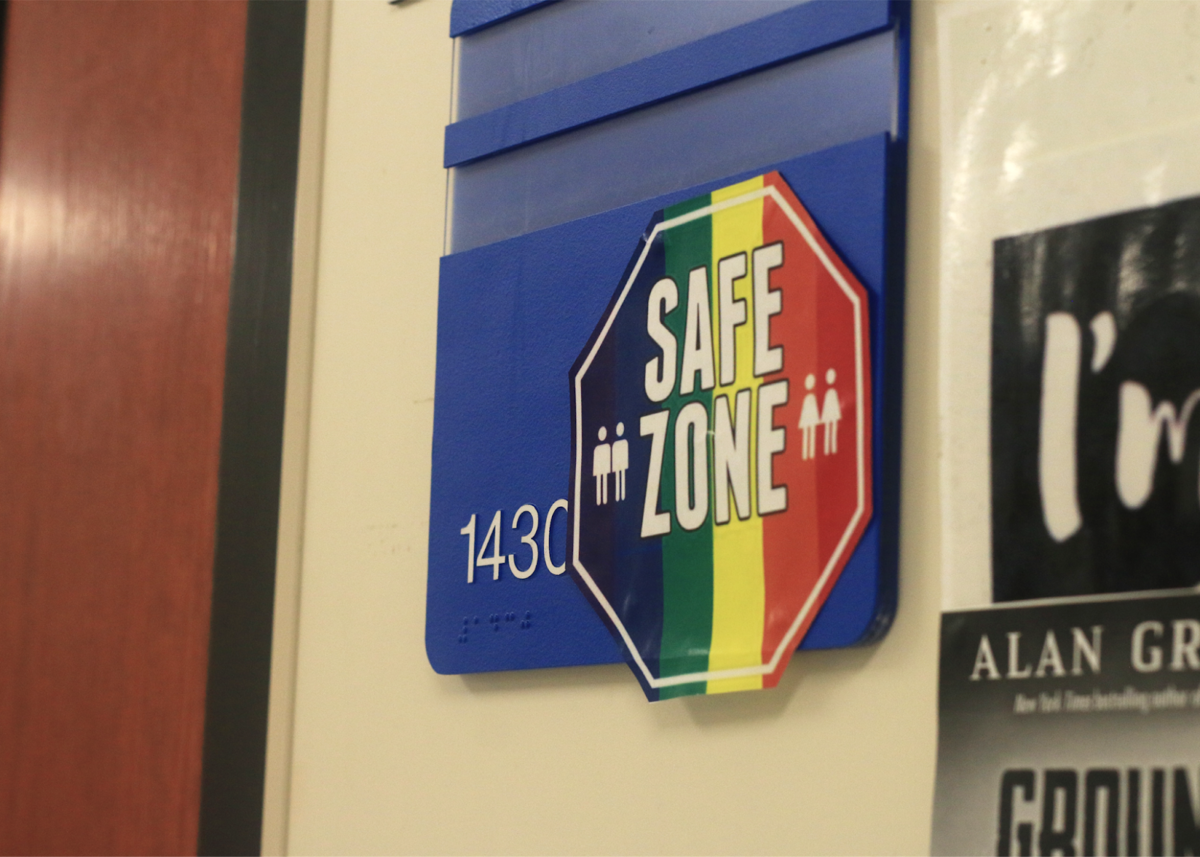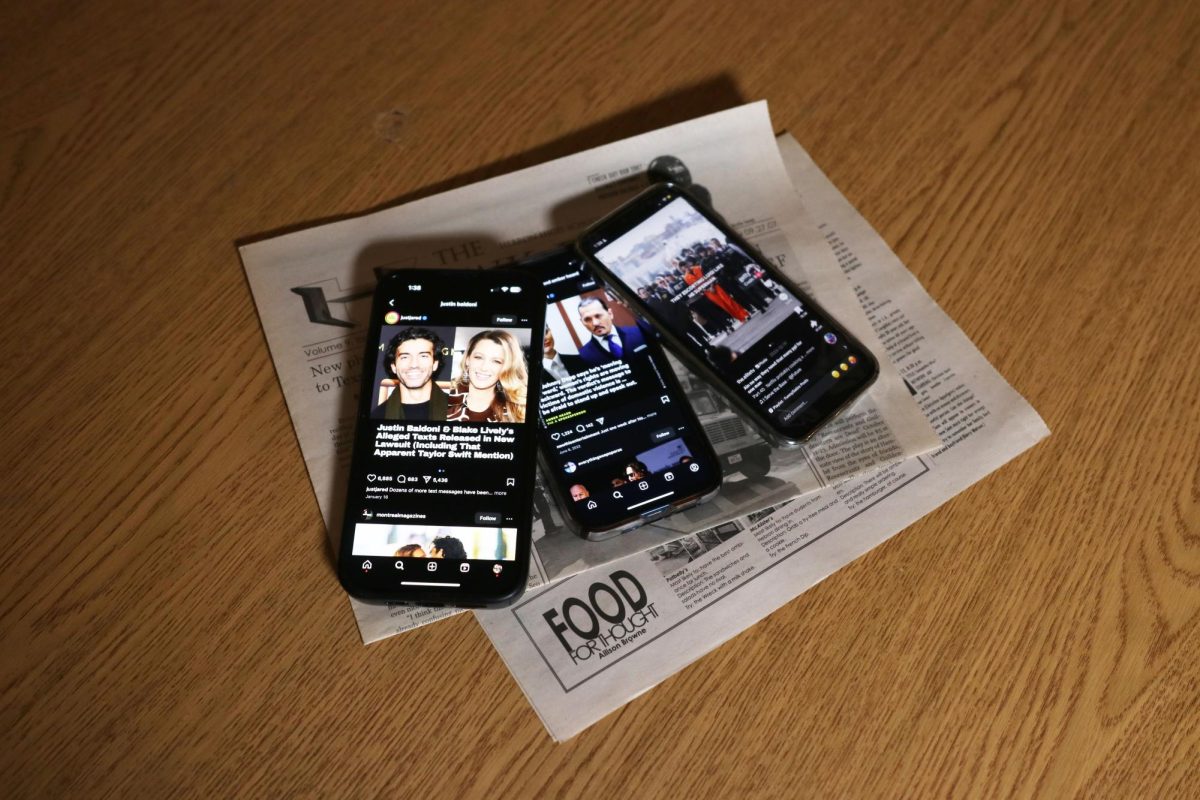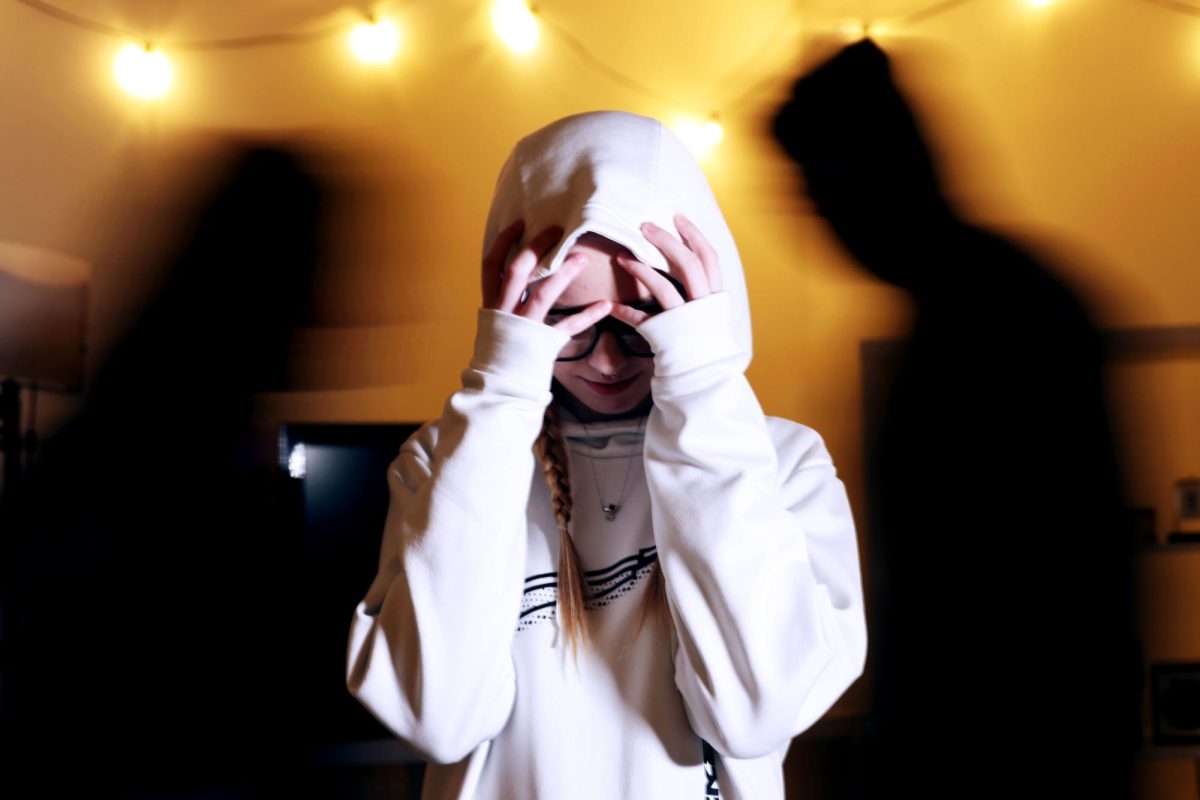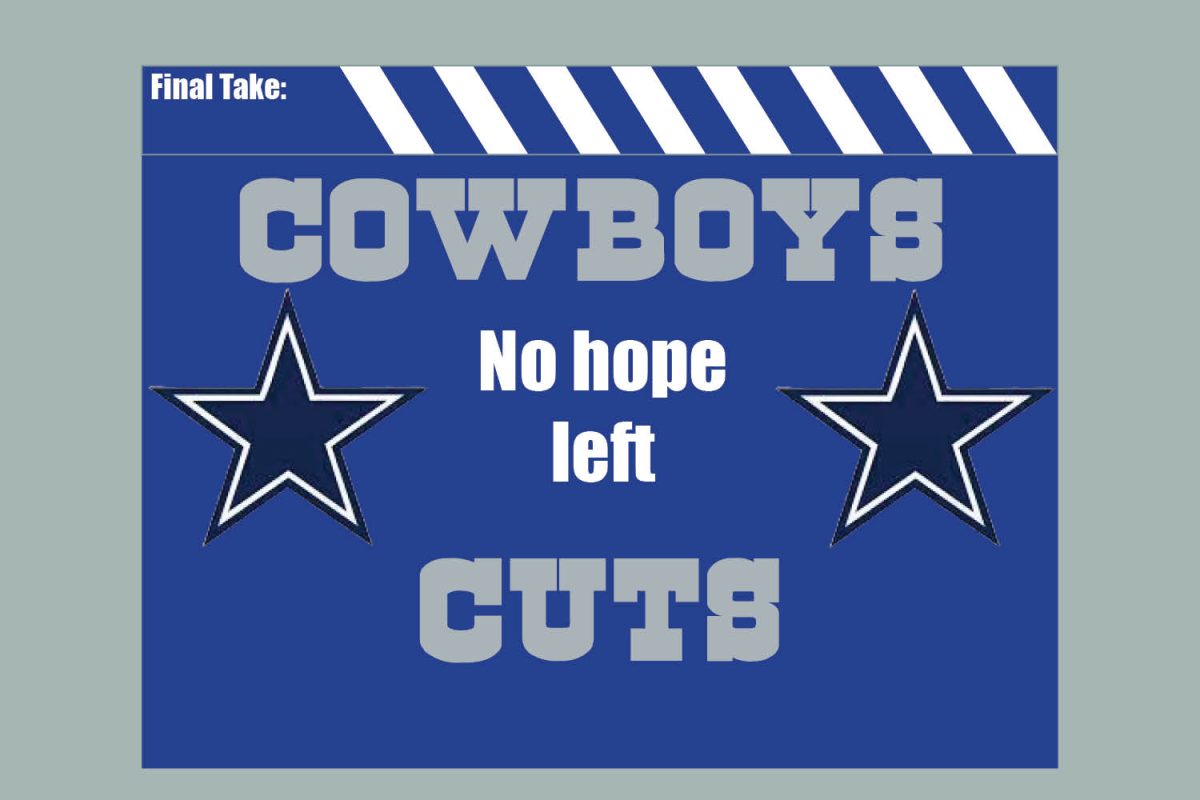Coming out is a special experience that is unique to every person who has gone through it. Some people have a formal conversation with their parents to confess their sexual identity, while others post on social media, sharing with the world that they are proud of their sexuality. No matter how formal the event is, coming out is a special experience.
However, it should not be a requirement that pressures people in the LGBTQ+ community to come out to the world. While it is a very special and exuberating experience being able to tell everyone about one’s sexuality or gender identity, it’s also a daunting task.
While society has become more accepting of the LGBTQ+ community, many people around the world live in areas that are not as accepting. For instance, a BBC article states that “Out of the 53 countries in the Commonwealth – a loose association of countries, most of them former British colonies – 29 have laws that criminalize homosexuality.” Due to many countries still having anti-LGBTQ+ laws, including the United States, people in that community may face danger for being open about their sexuality.
I choose not to be open with my sexuality in public because I am worried about how people will react to me. I would only share this information if I am in a safe space or surrounded by others who are openly LGBTQ+. I am not any less bisexual for not telling most people about my sexuality. It’s like randomly telling people your age — it’s important information to know about a person, but it’s not vital.
I may not have flags in my room or pins that tell others, but I am still proud to say that I am 100% bisexual.
One may think that because I am not very vocal about my sexuality, I do not really face any bigotry. However, I have still faced homophobia from someone I used to be close with.
I used to have this friend who I had felt comfortable enough to come out to, but I heard stories about how my friend was downright homophobic to people who were openly queer. When I was informed about this, our friendship became strained. I eventually confronted her, and she confirmed to me that she believed that all queer people will go to hell. I was bewildered, shocked that she felt this way about somebody like me when I confessed my sexuality to her. I asked her why she never told me before about her beliefs, to which she explained that it was because I was not as obvious about my bisexuality.
Not only did I discover that one of my good friends was homophobic, but she also invalidated the fact that I was part of the LGBTQ+ community. She may have tried to make it seem like she was trying to be respectful of me, saying that I wasn’t as obvious with my sexuality. However, her arguments further highlighted the flaws in her beliefs.
If someone is openly queer, closeted or still figuring out who they are, it doesn’t matter if they come out to others or not. Just because two people express their sexuality differently does not mean they are any less a part of the LGBTQ+ community.










